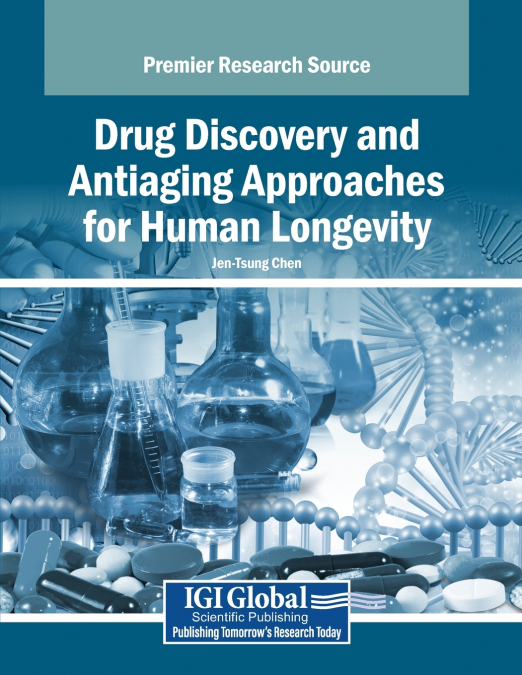
Jen-Tsung Chen
For years, antiaging biology and genetics have been advanced through approaches of molecular biology, particularly the technologies of high-throughput multiple omics, AI- and accelerated-computational biology, and RNA-based tools, such as epigenetic regulation and CRISPR technology. It has led to dramatic progress in drug discovery and the development of antiaging medicines and medical strategies. The field of research on lifespan-extending agents and their underlying molecular mechanisms remains minimal. Traditional herbal medicines, natural compounds, antioxidants, metabolites, kinase inhibitors, nuclear hormone receptors, and G protein-coupled receptor ligands, present promising medical strategies for antiaging involving CRISPR-based therapy, gene therapy, stem-cell therapy, and epigenetic drugs. Further research into ethical and social issues may reveal effective strategies for antiaging medicines in medical practice. Drug Discovery and Antiaging Approaches for Human Longevity explores antiaging biology and technical advancements in drug development for extending the human lifespan. It discusses the progress of clinical trials and ethical and social issues in antiaging medicines. This book covers topics such as genetics, human lifespan, and natural medicine, and is a useful resource for medical professionals, engineers, biologists, nutritionists, academicians, researchers, and scientists.